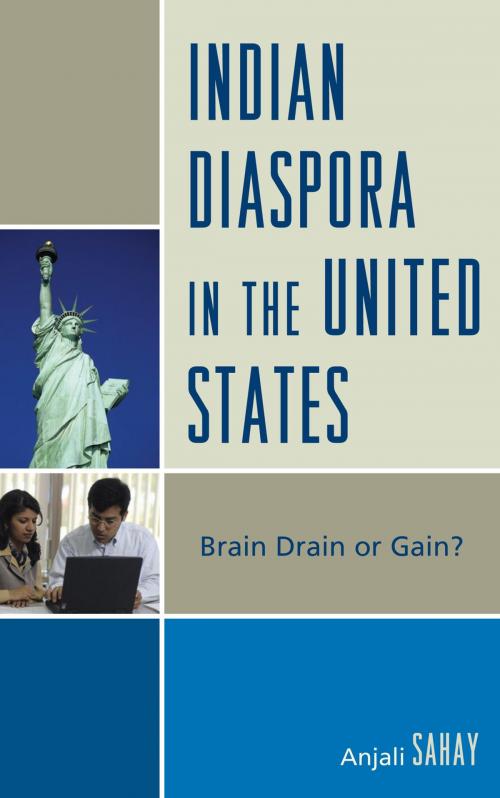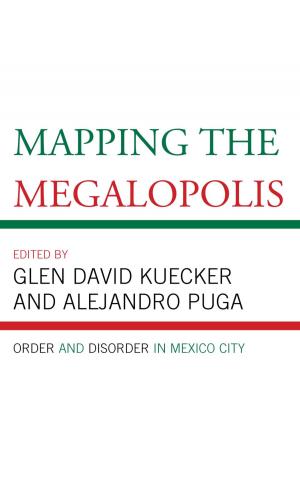Indian Diaspora in the United States
Brain Drain or Gain?
Nonfiction, Social & Cultural Studies, Political Science, Politics, Labour & Industrial Relations, Economic Conditions| Author: | Anjali Sahay | ISBN: | 9780739135495 |
| Publisher: | Lexington Books | Publication: | May 16, 2009 |
| Imprint: | Lexington Books | Language: | English |
| Author: | Anjali Sahay |
| ISBN: | 9780739135495 |
| Publisher: | Lexington Books |
| Publication: | May 16, 2009 |
| Imprint: | Lexington Books |
| Language: | English |
Indian Diaspora in the United States takes a new perspective on the topic of brain drain, departing from the traditional literature to include discussions on brain gain and brain circulation using Indian migration to the United States as a case study. Sahay acknowledges that host country policies create the necessary conditions for brain drain to take place, but argues that source countries may also benefit from out-migration of their workers and students. These benefits are measured as remittances, investments, and savings associated with return, and social networking that links expatriates with their country of origin. Through success and visibility in host societies, diaspora workers further influence economic and political benefits for their home countries. This type of brain gain becomes an element of soft power for the source country in the long term. Indian Diaspora in the United States is a ground-breaking work that intersects economic and political issues to the dimension of migration and the concerns over brain drain. With its rigorous, connectionist approach, this book is a valuable contribution to the fields of diaspora, labor, globalization, and Indian studies.
Indian Diaspora in the United States takes a new perspective on the topic of brain drain, departing from the traditional literature to include discussions on brain gain and brain circulation using Indian migration to the United States as a case study. Sahay acknowledges that host country policies create the necessary conditions for brain drain to take place, but argues that source countries may also benefit from out-migration of their workers and students. These benefits are measured as remittances, investments, and savings associated with return, and social networking that links expatriates with their country of origin. Through success and visibility in host societies, diaspora workers further influence economic and political benefits for their home countries. This type of brain gain becomes an element of soft power for the source country in the long term. Indian Diaspora in the United States is a ground-breaking work that intersects economic and political issues to the dimension of migration and the concerns over brain drain. With its rigorous, connectionist approach, this book is a valuable contribution to the fields of diaspora, labor, globalization, and Indian studies.















